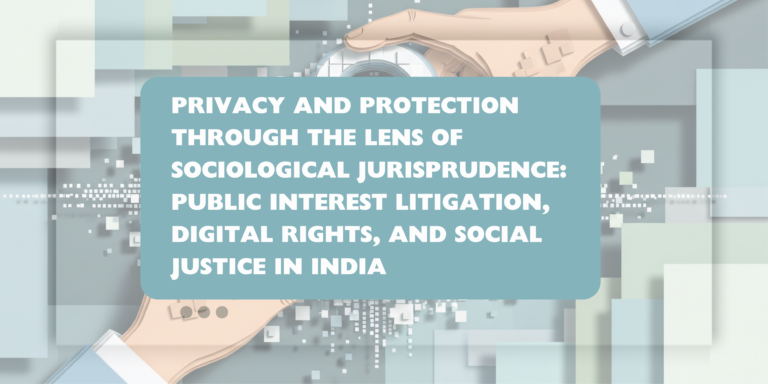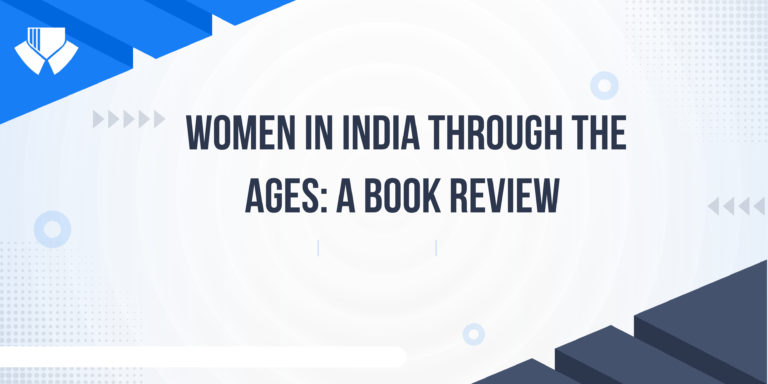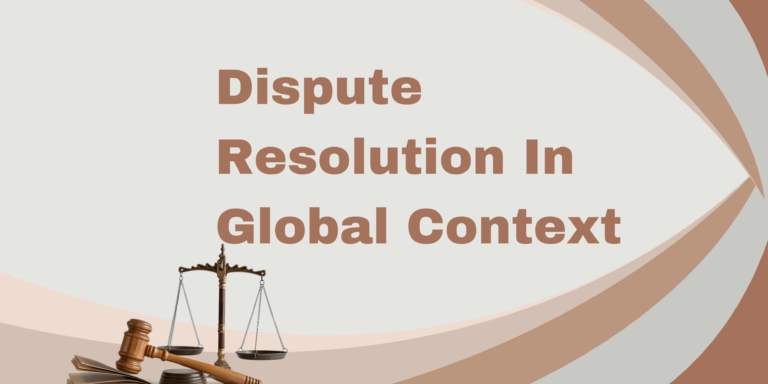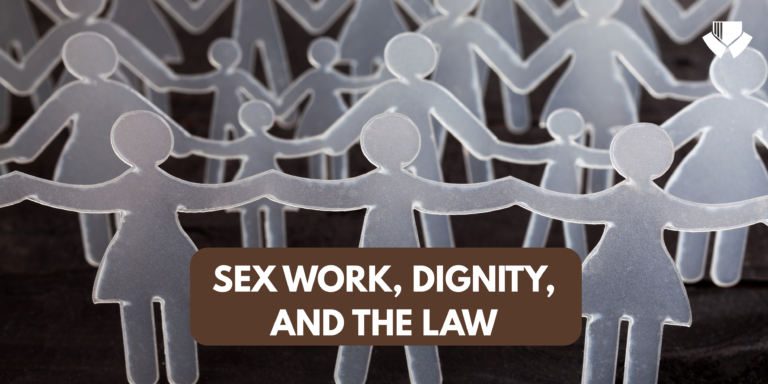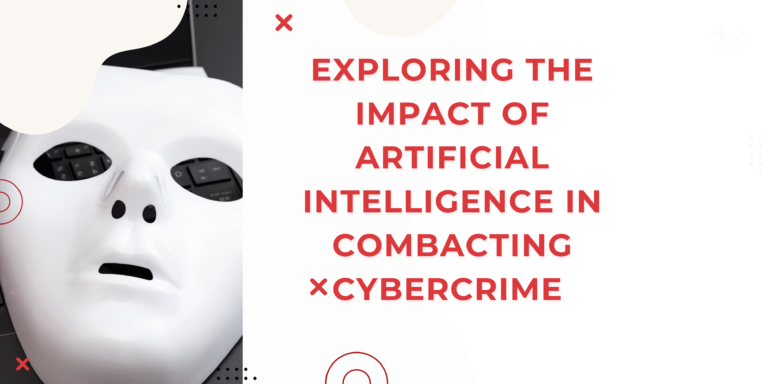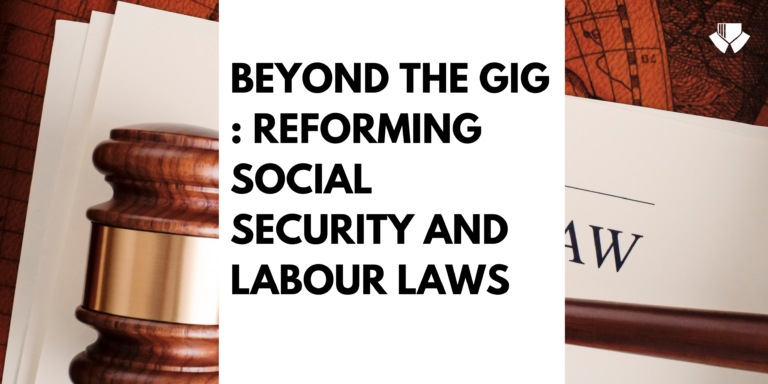This long article is written by Karuna Kaushik, a postgraduate in Political Science from IGNOU and UGC NET qualifier in the same subject, the author is a freelance creative and academic content writer with an experience of about 10 years in the writing field, also having worked with organisations like Drishti IAS and GS Score, New Delhi. Currently, the author is pursuing MA History from IGNOU.
ABSTRACT
Following the Supreme Court of India’s Vishaka guidelines judgment of 1997, the Sexual Harassment of Women at Workplace (Prevention, Prohibition and Redressal) Act, 2013 (POSH Act) became a landmark social legislation to ensure constitutional rights of women to equality, dignity, and safe working conditions. This paper attempts to trace the journey, efficiency, challenges, and loopholes of the Act, and suggest measures for its effective implementation in the future. The paper follows a case-by-case journey approach to illustrate these points. This paper is, therefore, a critical examination of the implementational deficit of the POSH Act.
It underlines the persistent shortcomings, widespread non-compliance with mandatory Internal Committees (ICs), systemic neglect of Local Committees (LCs) that cover the informal sector, inadequate training of committee members, and absence of uniform procedures. Data indicates troubling disparities: while large companies increasingly report cases, smaller firms and the informal sector remain black holes of compliance, perpetuating the “zero-case paradox.” Fear of retaliation, entrenched cultural taboos, and low awareness further silence women, limiting the Act’s effectiveness as a protective framework.
The Supreme Court’s interventions, particularly in Aureliano Fernandes v State of Goa, have shifted enforcement from a complaint-driven to a state-monitored model, mandating compliance surveys, functional LCs, and digital integration via the SHe-Box portal. The paper concludes that bridging the chasm between law and practice requires a multi-pronged approach: legislative amendments to codify procedures and anti-retaliation protections, stronger penalties for non-compliance, mandatory standardized training, and cultural change initiatives. Only through systemic accountability, proactive governance, and social transformation can the POSH Act fulfil its original vision of ensuring safe, inclusive, and equitable workplaces for all women in India.
Keywords – Zero case Paradox, She-Box, Vishaka Guidelines, POSH Act 2013, judicial activism


